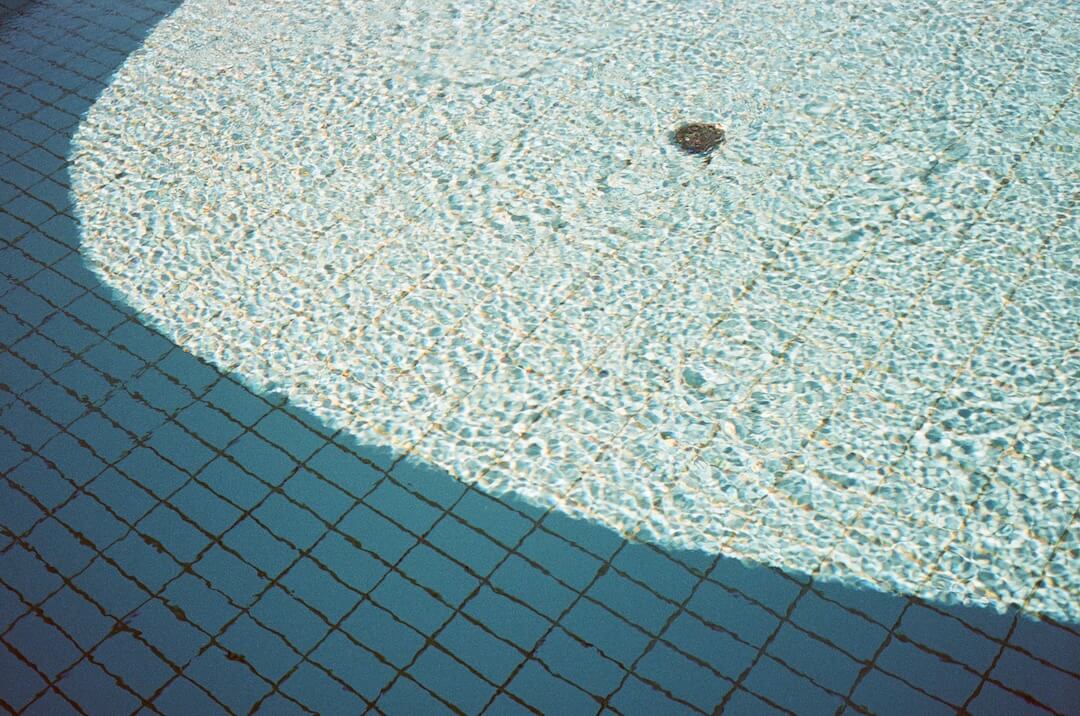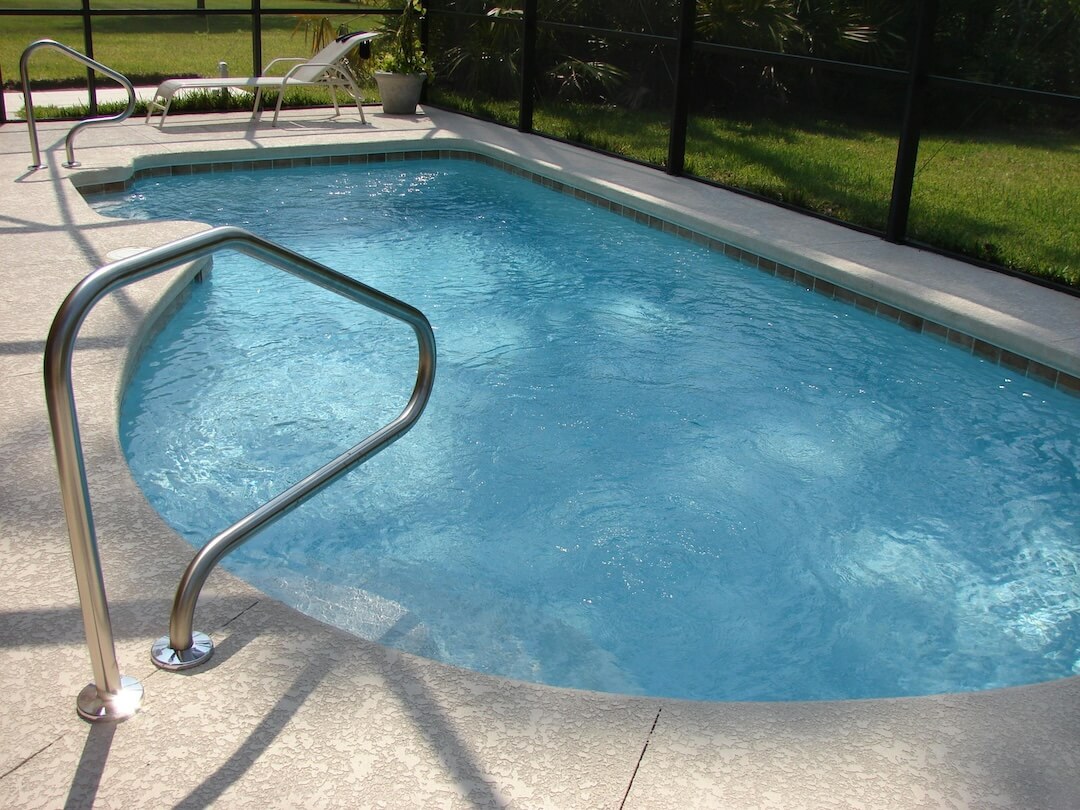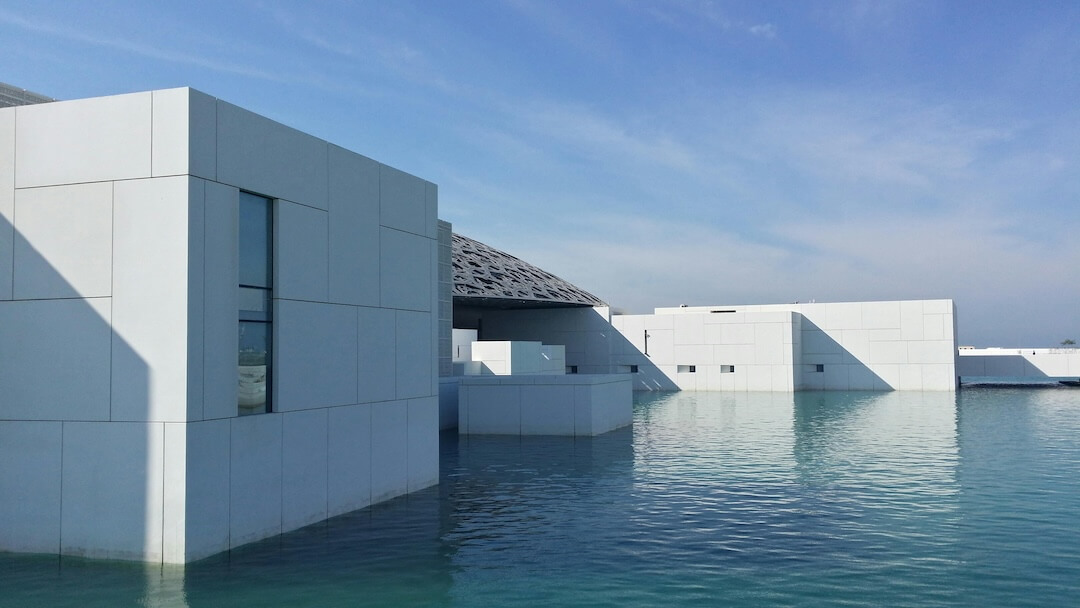Green Pool Recovery: Step-by-Step Guide

Green Pool Recovery: Step-by-Step Guide
A green pool in Fort Lauderdale can be a homeowner’s nightmare, especially after the warm Florida months when algae thrive in the humid, sun-soaked environment. Whether your pool has turned a murky shade of green due to algae overgrowth or poor maintenance, the good news is that restoring it to sparkling clarity is achievable with the right approach. In this detailed step-by-step guide, we’ll walk you through the essential techniques for green pool recovery—from initial assessment to final cleaning—so you can enjoy your backyard oasis again.
Why Does My Pool Turn Green?
Understanding why your pool turns green is the first step to effective recovery. The most common cause is algae overgrowth, which occurs when pool chemicals are imbalanced, and sanitation levels are insufficient. Warm water, sunlight, and organic debris create the perfect environment for algae to flourish. In Fort Lauderdale, where outdoor temperatures are high year-round, algae can develop rapidly if pools are not properly maintained.
Other causes include poor filtration, inadequate circulation, or neglected routine cleaning. When algae spores settle on surfaces and thrive in nutrient-rich water, the pool turns a cloudy, greenish hue. Recognizing these factors helps in planning the most efficient recovery method.
Assessing the Damage and Preparation
Before diving into cleaning, it’s essential to assess the extent of algae growth. Is the water just slightly cloudy or intensely green and murky? For heavily contaminated pools, professional assistance is recommended, especially in a city like Fort Lauderdale with complex water chemistry and climate considerations.
Prepare your pool by removing debris such as leaves, insects, and dirt. Use a leaf net and brush to loosen algae attached to the walls and floor. Turn off the pool pump and ensure the pool’s filtration system is in good working order. Having the right tools—brushes, skimmers, algae-specific shock, and eco-friendly cleaning agents—ready will streamline the process.
Shock the Pool with High-Intensity Chlorine
The most critical step in green pool recovery is shocking the water with a high dose of chlorine. This intense chlorination kills algae spores, bacteria, and other contaminants. In Fort Lauderdale, where algae can quickly re-establish, using a chlorine shock treatment designed for algae removal is essential.
Follow the manufacturer’s instructions carefully. Typically, you’ll distribute the shock evenly across the pool surface and run the pump continuously to circulate the chlorinated water. For large or heavily greened pools, multiple shock treatments may be necessary, spaced 24 hours apart, to fully kill the algae.
Brushing and Filtration
After shocking, brushing the pool walls and floor is vital to dislodge algae clinging to surfaces. Use a stiff-bristled brush suited for your pool’s surface material. Consistent scrubbing ensures algae spores are loosened and exposed to the chlorine, facilitating their removal.
Next, clean or backwash the filter. In Fort Lauderdale’s warm climate, filters can quickly become clogged with algae and organic matter. A well-maintained filter improves circulation and helps remove dead algae particles from the water. Consider using eco-friendly filter cleaning products to minimize chemical runoff.
Maintaining Proper Chemical Balance
Once the algae threat is under control, it’s crucial to balance your pool’s chemicals. Test the water for pH, alkalinity, calcium hardness, and chlorine levels using reliable test kits. Your pH should be maintained between 7.2 and 7.6 for optimal chlorine effectiveness and swimmer comfort.
Adjust chemicals as necessary—adding pH increasers or reducers, alkalinity adjusters, or calcium hardness agents—based on test results. Proper chemical balance inhibits future algae growth and keeps your pool water clear and safe for swimming.
Use Algaecides and Eco-Friendly Treatments
In Fort Lauderdale, many homeowners prefer eco-friendly solutions. After shocking and balancing, applying an algaecide specifically formulated for algae prevention can help prevent recurrence. Look for eco-conscious products that are safe for swimmers and the environment.
In addition, consider natural algae control methods, like botanical-based treatments or enzymes, which break down organic debris and inhibit algae growth without harsh chemicals. These options align with Florida’s emphasis on sustainable and environmentally responsible pool maintenance.
Continuous Monitoring and Routine Maintenance
Recovery doesn’t end after the water clears. To maintain your green pool recovery success, establish a regular pool maintenance routine. Test chemical levels weekly, brush the walls and floor bi-weekly, and run the pump daily. Proper circulation and sanitation are key to preventing algae from returning.
Keep debris out of your pool by skimming and cleaning filters regularly. In the humid Fort Lauderdale climate, algae can reappear quickly if you neglect routine maintenance. Investing in a professional pool service ensures your water remains pristine and reduces the risk of future greenouts.
When to Call Fort Lauderdale Pool Professionals
While DIY recovery is possible, complex cases or heavily contaminated pools benefit from professional intervention. Our Fort Lauderdale’s pool experts have specialized equipment and expertise, including eco-friendly algae removal techniques, chemical balancing, and equipment inspection.
Our professional services can expedite the recovery process, ensure thorough sanitation, and help establish a preventive maintenance plan tailored to Florida’s unique climate. This investment saves time and guarantees your pool’s health and safety.
Final Tips for a Healthy, Clear Pool
- Maintain proper sanitizer levels consistently to inhibit algae growth.
- Use UV or saltwater sanitation systems for eco-friendly, chemical-reduced options.
- Cover your pool when not in use to limit debris and algae spores.
- Regularly check and adjust water chemistry.
- Schedule professional inspections periodically to catch potential issues early.
Conclusion
In Fort Lauderdale, a green pool doesn't have to be a permanent problem. With a systematic approach—starting with a thorough assessment, using effective shock treatments, brushing, filtration, and ongoing maintenance—you can restore your pool’s beautiful clarity. Remember, safety and environmental responsibility are vital, so choose eco-friendly products and consider professional assistance when needed. Proper green pool recovery not only enhances your backyard’s aesthetic but also ensures a safe, enjoyable swimming environment for you and your family. Contact our local Fort Lauderdale pool experts today for personalized advice and expert services to bring your pool back to life!



